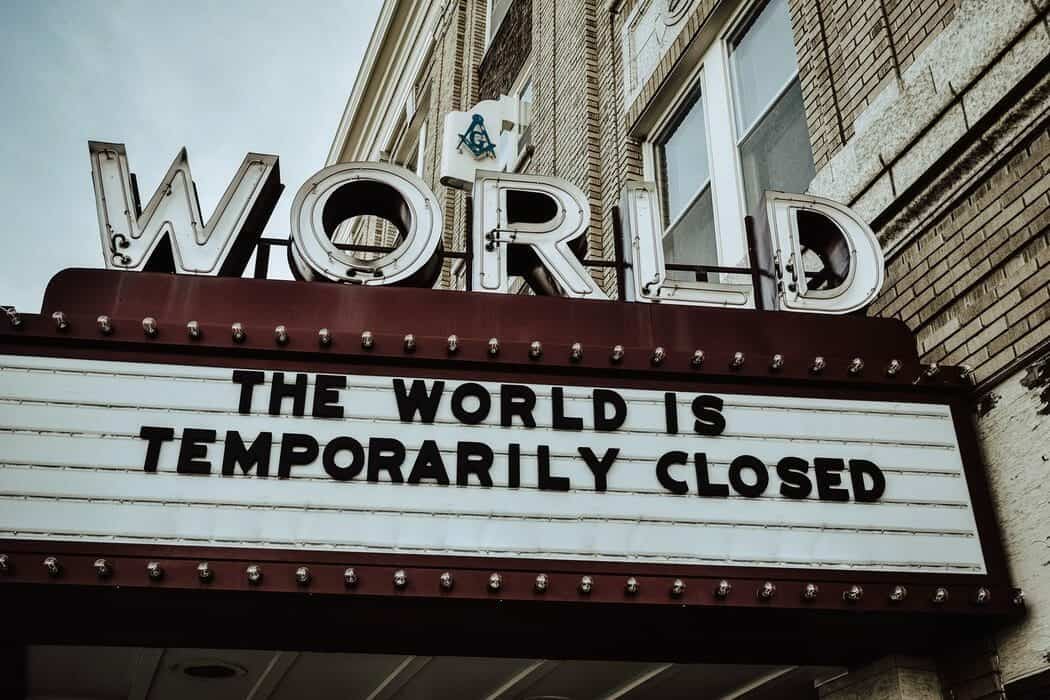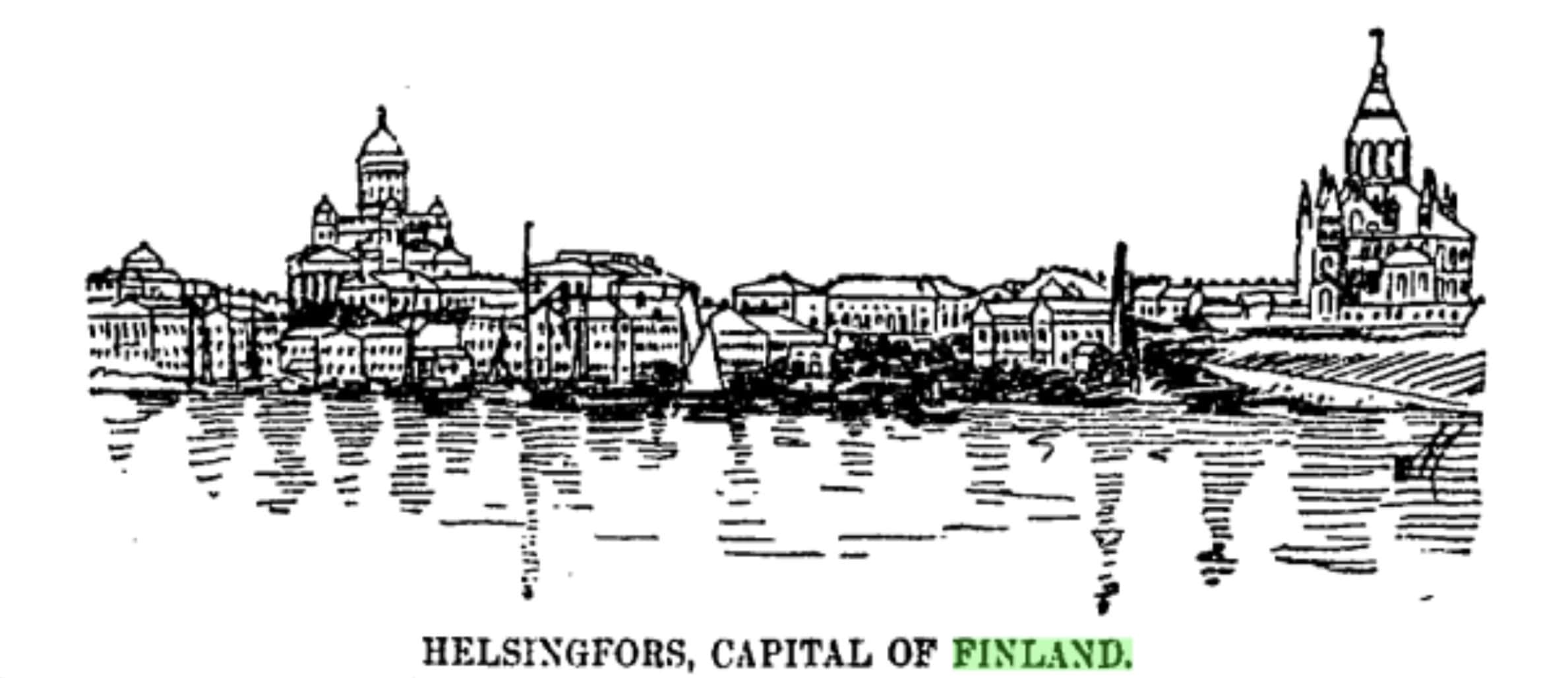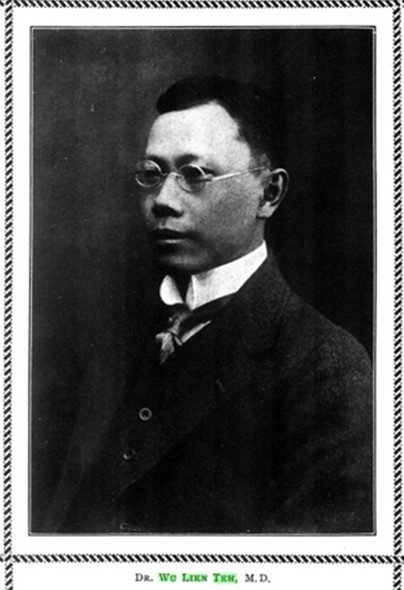│By Lily Cratchley, Gale Ambassador at the University of Birmingham|
‘No more diving into pools of chlorinated water…no more airplanes, no more requests to put your tray table in the upright and locked position…’ 1
If someone had told me last February that in a year’s time, I would be attending 9am lectures in pyjama bottoms, wearing a mask every time I popped to the corner shop for a much-needed bottle of wine, and would be reduced to “tiers” instead of “tears” during winter exam season, then I would have thought them crazy. However, that pretty much sums up my experience of online learning in my final year of university!
In a second year Dystopian Literature module at the University of Birmingham, I studied Emily St. John Mandel’s novel Station Eleven. The novel, set twenty years after a global pandemic, depicts a post-apocalyptic world, which wiped out ninety percent of the world’s population. Despite Mandel’s heavily dramatized content, her writing somewhat prepared me for the long term impacts this current pandemic might potentially cause.



